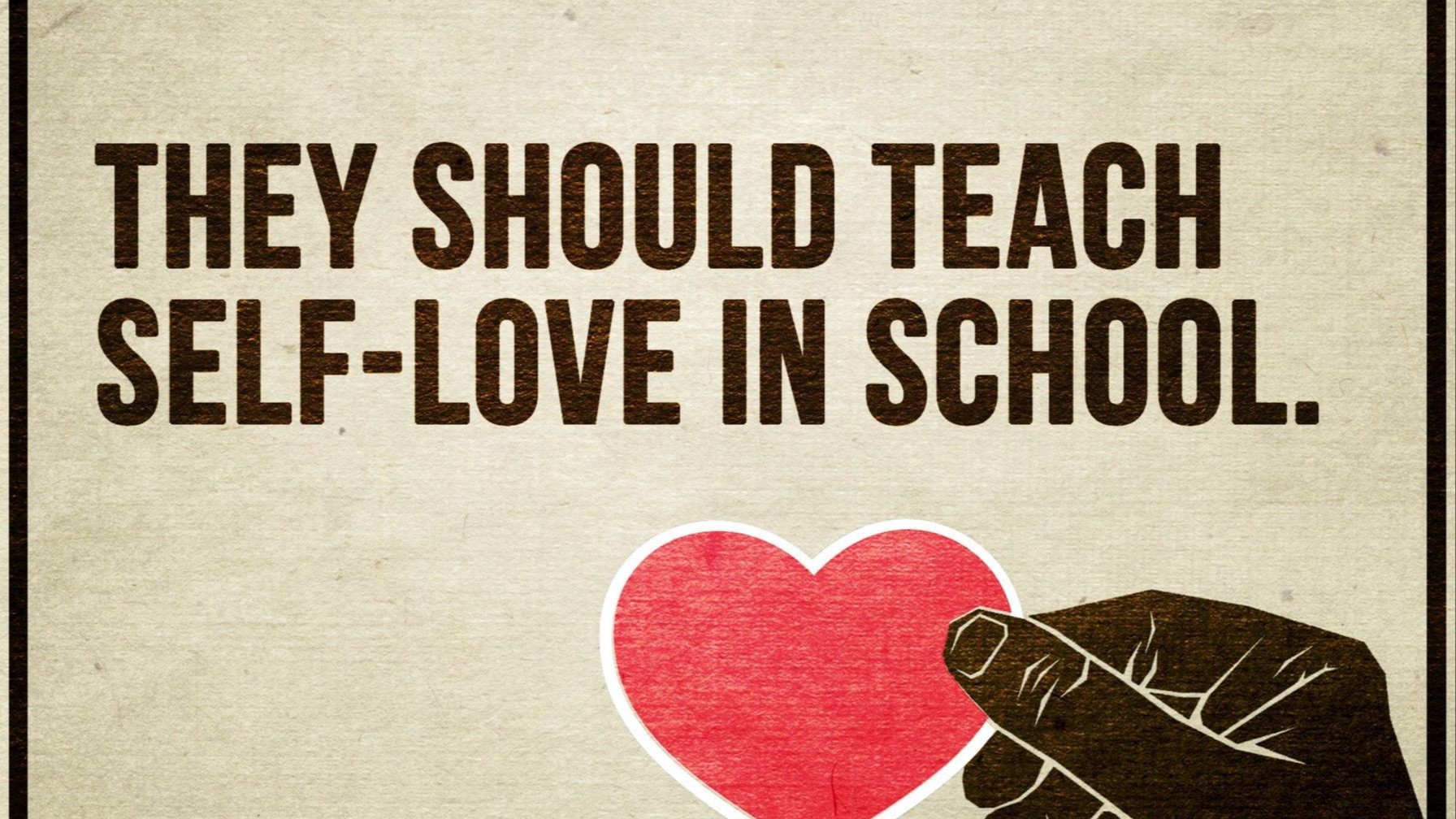
Compassion & Self -Compassion - what does it mean?
Compassion can be defined as sensitivity to the suffering of self and others with a deep desire to relieve that suffering and its causes (HH Dalai Lama).
Two aspects of compassion (Paul Gilbert, Mindful Compassion, Gilbert and Chodron, 2013):
1. Turning to face the pain and difficulty we experience (practicing mindfulness, think of Rumi and the guest house https://www.youtube.com/watch?v=KgS3rd2sWfE).
2. Building up an inner resource from which to respond to and alleviate suffering (self-compassion, being willing to face our own pain and suffering and responding to it with kindness and understanding).
Many of us are compassionate to others but often do not extend that compassion to ourselves. When we become more compassionate towards ourselves and our own suffering, there is an accompanying growth of our compassion towards others. When we see clearly how we cause ourselves to suffer, there is a natural movement of empathy and understanding for others who struggle in the same way.
Kirsten Neff, American psychologist and researcher, has developed a model of self-compassion which involves three elements (as described in her book):
1. Extending kindness and understanding to ourselves rather than harsh self-judgment.
2. Seeing our own experience of suffering as part of the larger human experience rather than separating and isolating ourselves.
3. Holding our painful thoughts and feelings in balanced awareness rather than over-identifying with them.
We can judge ourselves and think there is something wrong with us. Sometimes we can think we're the only people who are so useless. We can become ashamed of our difficulty and hide it from others, isolating ourselves in our difficulty. This can include trauma symptoms. Sometimes it is too difficult to experience and endure, and yet focusing on it all the time ends up defining who we are.
The solution: applying self-compassion when in difficulty, we acknowledge that there is nothing wrong with us. It's simply an experience we're going through.
RAIN practice helps us to see this and recognize that it makes sense to look after ourselves in a kind and caring way.
When we experience difficulty, we understand that every human being's life can throw up many difficulties and that we are not perfect and that's okay.
We all make mistakes and that's okay too.
This is a beautiful RAIN practice by Tara Brach
https://www.youtube.com/watch?v=ZuqXf9T6bpM
Remember, you are never alone, there is always someone to help.

